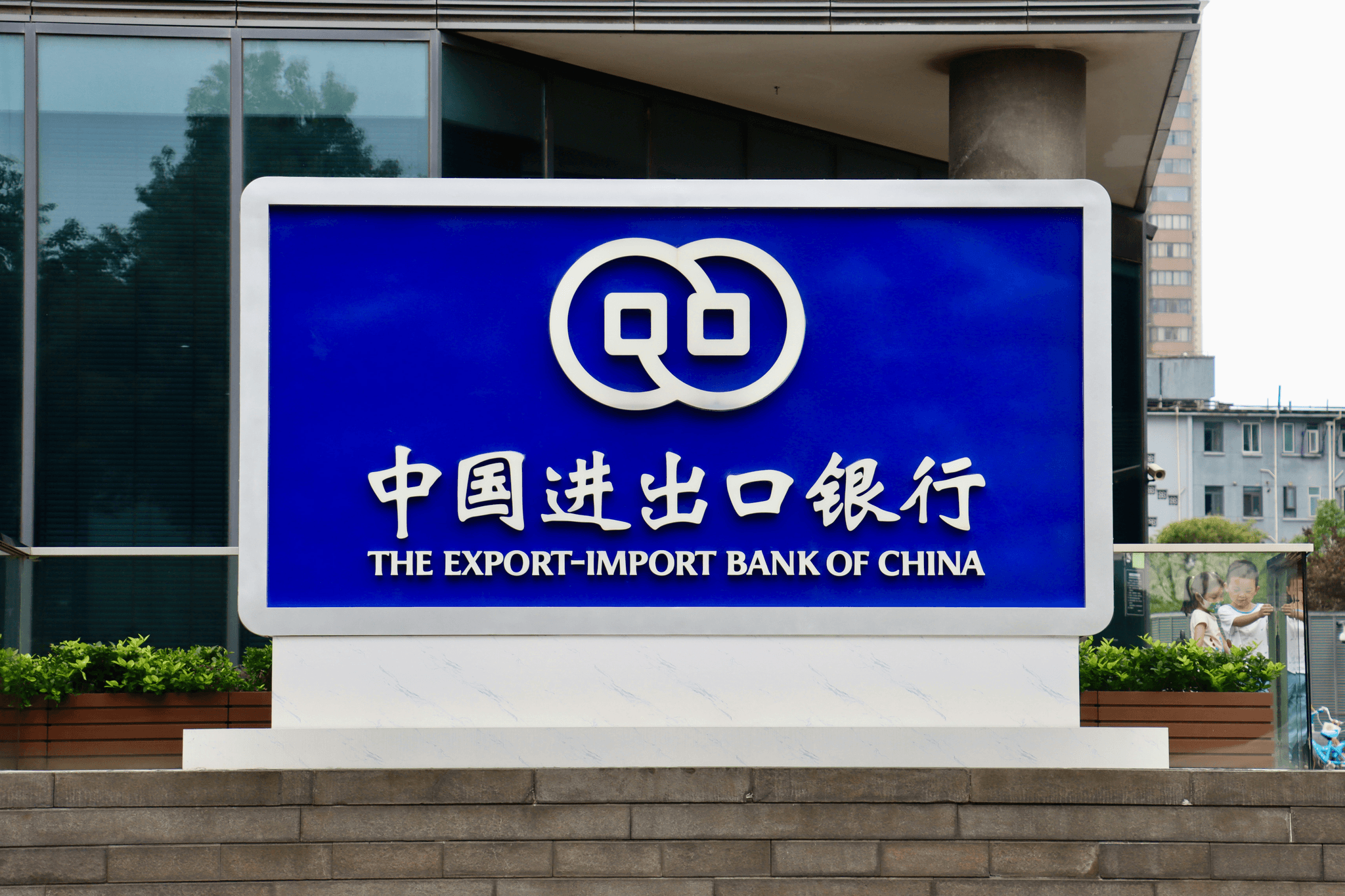Introduction

Welcome to our comprehensive guide on Chinese commercial law! In this guide, we will delve into the legal system in China for business, providing an overview of Chinese commercial law and exploring key aspects of commercial and economic law in China.
Understanding the Legal System in China
China's legal system for business is a complex web of regulations and statutes that govern commercial activities. Understanding the intricacies of this system is crucial for any business operating in or with China.
Overview of Chinese Commercial Law
Chinese commercial law encompasses a wide range of regulations that govern business activities, including contract law, company law, and intellectual property rights. Navigating these laws is essential for businesses looking to thrive in the Chinese market.
Key Aspects of Commercial and Economic Law in China
From the Company Law of the People's Republic of China to regulatory compliance and dispute resolution, there are several key aspects that businesses need to be aware of when operating in China. These aspects form the foundation for successful business operations within the country.
The Foundation of Chinese Commercial Law

When delving into the foundation of Chinese commercial law, it's crucial to understand the rich history that has shaped it. From ancient trade practices to modern regulations, Chinese commercial law has evolved over centuries to meet the needs of a dynamic and growing economy.
History of Commercial Law in China
The history of commercial law in China dates back thousands of years, with early forms of trade and business regulation evident in ancient texts and artifacts. As dynasties rose and fell, so too did the legal frameworks governing commerce, leading to a diverse tapestry of legal traditions that continue to influence modern Chinese commercial law.
Throughout Chinese history, the legal frameworks governing commerce have evolved in response to the changing economic and political landscape. From the early forms of trade regulation evident in ancient texts and artifacts to the establishment of formal commercial laws during various dynasties, the development of commercial law in China reflects a rich and complex history. These legal traditions continue to influence modern Chinese commercial law, providing a unique blend of ancient wisdom and contemporary regulations that shape business practices in China today.
The Role of Company Law of the People's Republic of China
The Company Law of the People's Republic of China serves as a cornerstone for regulating corporate entities and their operations within the country. Enacted in 1993 and subsequently revised, this law outlines key provisions related to company formation, governance, shareholder rights, and more.
Furthermore, the Company Law of the People's Republic of China plays a crucial role in promoting fair competition and protecting the rights of both domestic and foreign investors. By establishing clear guidelines for company formation and governance, this law helps to create a level playing field for businesses of all sizes. Additionally, it sets the framework for resolving disputes and enforcing legal obligations, which is essential for maintaining a stable and transparent business environment.
Principles of Chinese Commercial Law
Fundamental principles underpinning Chinese commercial law include fairness, transparency, and adherence to contractual obligations. These principles guide business transactions, dispute resolution processes, and regulatory compliance efforts within the realm of commerce in China.
Legal Framework for Business in China

Legal Entities in Chinese Commercial Law
In Chinese commercial law, businesses can take the form of various legal entities, including wholly foreign-owned enterprises, joint ventures, and representative offices. These entities are regulated by the Company Law of the People's Republic of China, which sets out the requirements and procedures for establishing and operating businesses in China.
Additionally, the Company Law of the People's Republic of China also governs the dissolution and liquidation of legal entities, outlining the procedures for ending business operations and distributing assets. This ensures that businesses in China adhere to legal requirements when ceasing operations, protecting the rights of creditors and shareholders. Understanding these regulations is essential for foreign investors and businesses looking to establish a presence in China, as compliance with dissolution procedures is crucial for exiting the market in a lawful manner.
Contract Law in China
Contract law is a crucial component of Chinese commercial law, governing the formation, performance, and termination of contracts. It is essential for businesses operating in China to understand the legal framework for contracts, including key principles such as freedom of contract, good faith, and specific provisions related to international trade.
In addition to the general principles of contract law, businesses operating in China should also be aware of the specific regulations governing different types of contracts, such as sales contracts, lease agreements, and construction contracts. Understanding these nuances is crucial for ensuring compliance and avoiding potential disputes that could arise from misunderstandings or misinterpretations of the law.
Intellectual Property Rights in Chinese Commercial Law
Protecting intellectual property rights is a significant concern for businesses in China. The country has made strides in strengthening its legal framework for intellectual property rights protection through legislation such as the Patent Law and Trademark Law. Understanding these laws is vital for safeguarding trademarks, patents, and copyrights.
One important aspect of intellectual property rights in Chinese commercial law is the enforcement of these rights. While the legal framework for protection is in place, enforcement can still be a challenge due to issues such as administrative red tape and varying interpretations of the law at different levels of government. It's crucial for businesses to work with legal experts who understand the nuances of enforcement in order to effectively protect their intellectual property rights in China.
Remember to always consult with legal experts specializing in Chinese commercial law to ensure compliance with regulations and minimize risks when conducting business operations in China.
Regulatory Compliance in Chinese Commercial Law

When it comes to legal requirements for foreign companies in China, it's essential to understand the Company Law of the People's Republic of China. This law outlines the establishment, organization, and dissolution of companies in China, including the registration process and corporate governance requirements. Navigating these legal requirements is crucial for any foreign entity looking to operate within the Chinese market.
Legal Requirements for Foreign Companies in China
Foreign companies seeking to establish a presence in China must comply with specific regulations and procedures outlined by the Chinese government. These include obtaining business licenses, adhering to foreign investment restrictions, and meeting capitalization requirements. Understanding these legal obligations is vital for ensuring a smooth entry into the Chinese market without encountering regulatory roadblocks.
Taxation and Financial Regulations
Taxation and financial regulations play a significant role in Chinese commercial law, impacting both domestic and foreign businesses operating within the country. It's crucial for companies to comprehend tax laws, accounting standards, and financial reporting requirements to avoid potential penalties or disputes with regulatory authorities.
Environmental and Labor Laws in China
Environmental protection and labor laws are integral parts of commercial operations in China. Businesses must adhere to environmental regulations related to emissions control, waste management, and sustainable practices. Additionally, labor laws govern employment contracts, working conditions, wages, and dispute resolution mechanisms that directly impact businesses' operations within the country.
Remember that navigating regulatory compliance is an essential aspect of conducting business within the Chinese market. By understanding legal requirements for foreign companies, taxation and financial regulations, as well as environmental and labor laws in China, businesses can position themselves for success while avoiding potential legal pitfalls along the way. Working with experienced legal partners like AC&E can provide valuable guidance through these complex processes.
Dispute Resolution in Chinese Commercial Law

When it comes to resolving commercial disputes in China, businesses have a few options. Alternative dispute resolution methods such as mediation and arbitration are commonly used to settle conflicts outside of the courtroom. These methods offer a faster and more cost-effective way to resolve disputes, allowing businesses to maintain relationships and continue operations without the lengthy litigation process.
Alternative Dispute Resolution in China
In China, alternative dispute resolution (ADR) is gaining popularity as an effective way to resolve commercial conflicts. Mediation, where a neutral third party helps facilitate negotiations between the parties, is often used to reach mutually acceptable solutions. Arbitration is another common method, where an impartial arbitrator or panel makes a binding decision based on evidence presented by both parties.
Litigation Process in Commercial Disputes
If alternative dispute resolution methods fail, businesses may turn to litigation for resolution. The litigation process involves filing a lawsuit in court and presenting evidence before a judge or jury. While this process can be time-consuming and costly, it may be necessary for complex or high-stakes disputes that cannot be resolved through ADR.
Enforcing Judgments in China
Once a judgment is obtained through either ADR or litigation, enforcing it becomes crucial. In China, enforcing judgments can sometimes be challenging due to bureaucratic hurdles and local protectionism issues. It's essential for businesses operating in China to understand the intricacies of enforcing judgments within the legal framework to ensure their rights are protected.
Doing Business in China: Common Legal Issues

Foreign Investment Law in China
Foreign investment law in China is a crucial aspect of Chinese commercial law, as it governs the entry and operation of foreign businesses in the country. Understanding the legal requirements for foreign investment, including registration, ownership restrictions, and capital repatriation, is essential for any company looking to establish a presence in China. Navigating the complexities of this law can be daunting, but with the right legal guidance, businesses can successfully navigate these regulations and thrive in the Chinese market.
Mergers and Acquisitions in China
Mergers and acquisitions (M&A) in China are subject to a unique set of regulations under Chinese commercial law. From conducting due diligence to negotiating agreements and obtaining regulatory approvals, there are numerous legal considerations that must be addressed when engaging in M&A activities in China. Companies must also be aware of antitrust laws and other competition regulations that may impact their M&A transactions. Working with experienced legal counsel is essential for ensuring compliance with these laws and achieving successful outcomes.
Employment Law in China
Employment law in China encompasses a wide range of regulations governing employer-employee relationships, including hiring practices, working hours, wages, benefits, and termination procedures. Understanding these laws is crucial for businesses operating in China to ensure compliance and maintain positive relationships with their workforce. Additionally, companies must navigate labor dispute resolution mechanisms and stay abreast of changes to employment-related legislation to mitigate potential risks.
Now you have an understanding of common legal issues related to doing business in China within the scope of Chinese commercial law. It's clear that navigating these complexities requires expert legal guidance to ensure compliance and success within the Chinese market. As you continue your business ventures in China, remember that AC&E is here to serve as your trusted legal partner every step of the way!
Conclusion

Navigating Chinese Commercial Law can be complex, but understanding the legal system in China for business is essential for success. With the right knowledge and guidance, businesses can thrive within the framework of Commercial Law in China. Key considerations for business in China include regulatory compliance, dispute resolution, and common legal issues such as foreign investment and employment law. Working with AC&E as your legal partner in China ensures expert guidance and support for navigating the intricacies of Chinese Commercial Law.
Navigating Chinese Commercial Law
Navigating Chinese Commercial Law requires a deep understanding of the legal system in China for business. With its unique regulatory framework and historical context, it's crucial to have a solid grasp of Commercial and Economic Law in China to ensure compliance and success.
Key Considerations for Business in China
When doing business in China, it's essential to consider key aspects of Commercial Law such as legal entities, contract law, intellectual property rights, taxation, environmental regulations, and labor laws. Understanding these factors is vital for establishing and maintaining a successful business presence in China.
Working with AC&E: Your Legal Partner in China
AC&E is your trusted legal partner in navigating Chinese Commercial Law. With our expertise in Company Law of the People's Republic of China and extensive experience with regulatory compliance, dispute resolution, foreign investment law, mergers and acquisitions, and employment law in China, we provide invaluable support for businesses looking to thrive in the Chinese market.
Remember that when dealing with Chinese commercial law it is important to seek professional advice from experts like AC&E to ensure that your business operates smoothly within the confines of this complex legal system.
